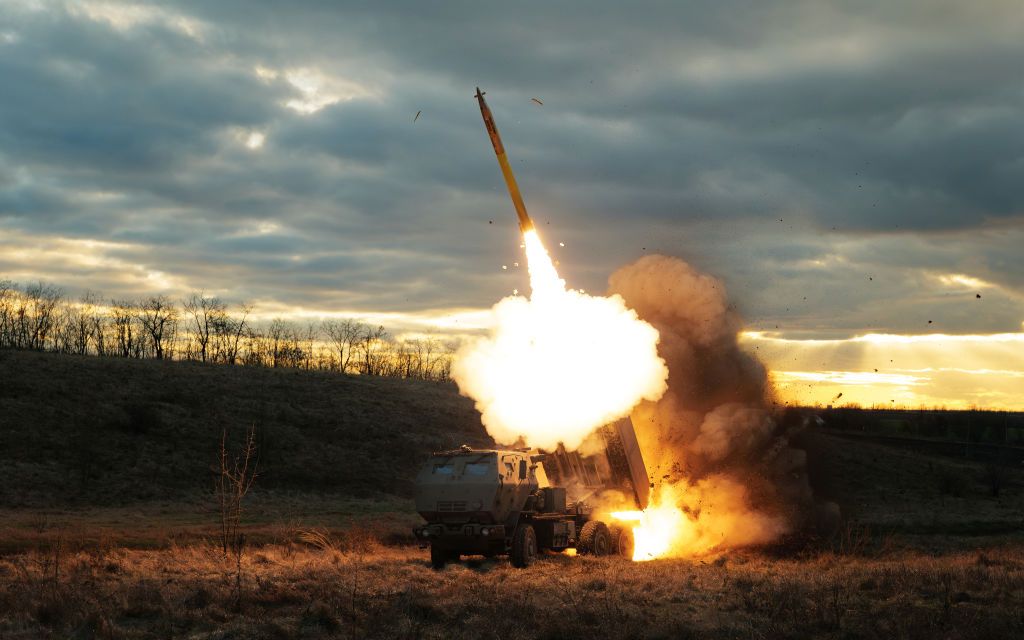US aims to 'provoke further escalation' — Kremlin comments on long-range strikes

The outgoing U.S. administration intends to provoke an escalation of the war in Ukraine, Kremlin spokesperson Dmitry Peskov told the media on Nov. 18 following reports that Washington eased restrictions on long-range strikes.
Several media outlets reported on Nov. 17 that U.S. President Joe Biden permitted Ukraine to use its ATACMS missiles to strike against targets on Russian soil. According to some reports, this so far concerns only Russian and North Korean forces amassing in Russia's Kursk Oblast.
"You know, with the reports in Western media, it is obvious that the outgoing administration in Washington intends to take steps... to add fuel to the fire and continue to provoke further escalation of tensions," Peskov said in response to a question whether the Kremlin can confirm that Washington took the step, RIA Novosti reported.
The statement comes as Biden is set to leave office in January, with Donald Trump replacing him in the Oval Office. The Biden administration has pledged to deliver as much support to Ukraine as possible before Trump takes office.
Several Russian lawmakers called the step an escalation that could "lead to World War III" and the end of Ukrainian statehood. Russia has repeatedly set supposed "red lines" on Western assistance for Ukraine, sometimes accompanied by veiled or overt nuclear threats.
Russian President Vladimir Putin has previously said that long-range strikes against Russia with Western arms would mean NATO's involvement in the war, adding that Moscow is preparing "various responses" to such a step.
Biden has been long adamant about not allowing Western-supplied weapons to be used on Russian soil, fearing an escalation. He first eased the restrictions in May to allow Ukraine to use certain weaponry like HIMARS to strike at Russian troops just across the border in the wake of the Kharkiv offensive.
Unnamed U.S. officials, as well as a source familiar with the decision, who spoke to Reuters following the decision, said that Kyiv plans to conduct its first long-range strikes in the coming days.
As the decision came in the last months of Biden's term in office, it remains unclear whether Trump will uphold the policy after he returns to the White House.














